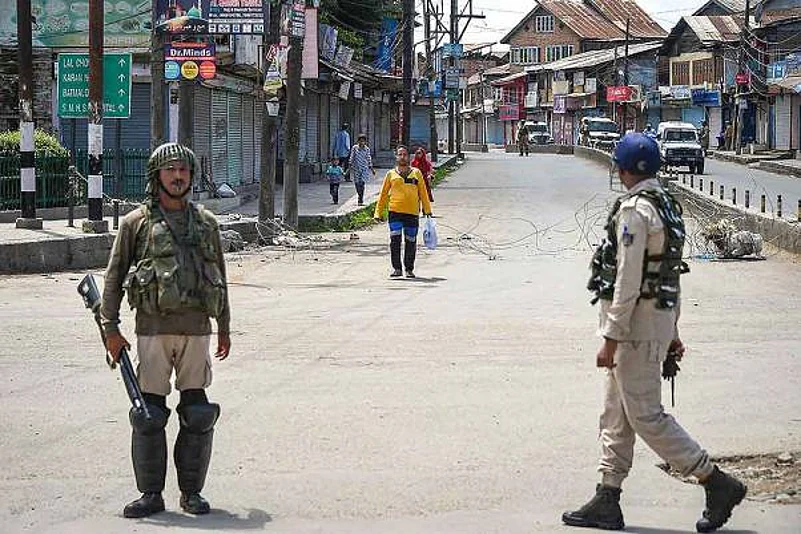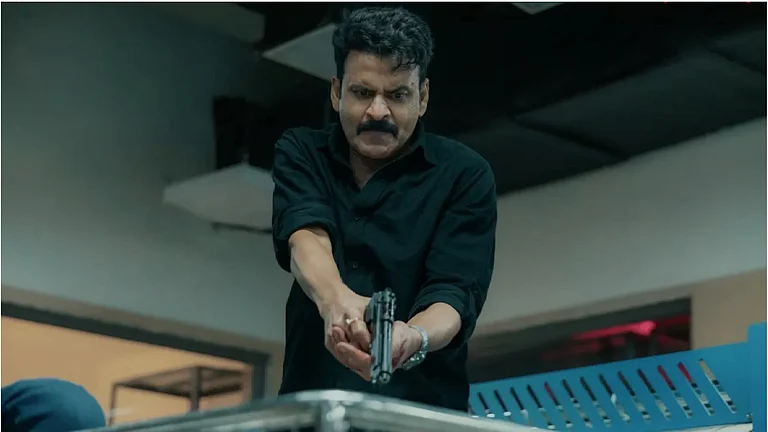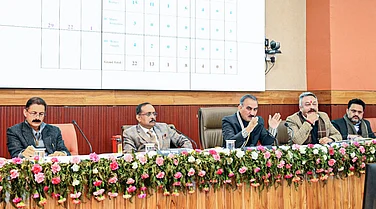After a group of 23 European parliamentarians made a visit to Jammu and Kashmir, the first of its kind facilitated by the Narendra Modi government since the revocation of the state’s special status on August 5, government officials indicated that such visits will continue to take place.
Government officials told the Times of India on the condition of anonymity that more official representatives from foreign nations will be allowed to visit the restive Valley to assess the conditions themselves.
The visit by the European Union’s (EU) members of parliament, who mostly belong to opposition parties and conservative, right-wing political groups in their respective countries, was preceded by high-level briefings by National Security Adviser (NSA) Ajit Doval. It was followed by a meeting with PM Narendra Modi and External Affairs Minister S. Jaishankar in New Delhi, and then briefings by the Army and state administration in Srinagar.
The parliamentarians were not an official delegation of the European Parliament and were reportedly invited by an NGO run by Madi Sharma who is a member of the European Economic and Social Committee, a consultative body to the EU.
On the other hand, Syed Akbaruddin, India’s envoy to the UN, on Tuesday met a group of Members of European Parliament (MEPs) in his office in New York. Tweeting about the meeting, Akbaruddin said he hosted a delegation of 17 MEPs from 10 different countries and five separate groups in the Parliament to discuss “efforts to enhance ties”.
According to reports, the specific topics of discussion included “multilateralism, peacekeeping, human rights and disarmament.”
While the Indian government says it has maintained peace in the Valley and that Kashmiris have welcomed the abrogation of Article 370, which had hitherto granted Kashmir a special status, many foreign and some Indian media publications have reported protests, clashes between protesters and police. Concerns have been raised by the United Nations amid reports of human rights violations as mainstream Kashmiri political leaders and thousands of people from the Valley continue to be detained.
Besides Pakistan has launched a high-pitched battle against India on the Kashmir issue and trying to create an international consensus against the country. While Pakistan PM Imran Khan does not appear to have succeeded in doing so, especially at the UNGA, India is taking foreign representatives into the Valley to take stock of the ground situation.
But the government’s move has drawn flak from many of the opposition parties as the Indian parliamentarians and politicians were not allowed to the visit Jammu and Kashmir to see ground realities for themselves.


























